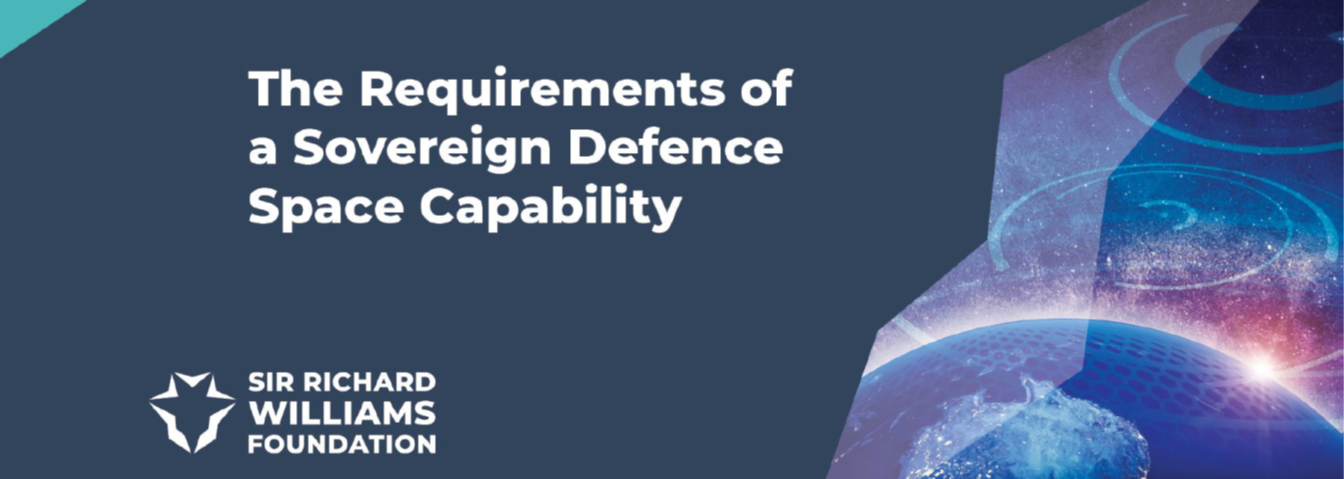Recently, the Williams Foundation held its latest bi-annual seminar, this one focused on the way ahead for the Australian space enterprise. Since 2014, the Williams Foundation has held bi-annual seminars on the transformation of the ADF as it embraced fifth generation warfare and working joint force integration.
Since 2018, the focus has been increasingly with regard to how to extend the reach of the ADF given the changing nature of the challenges facing Australia in the Indo-Pacific region. The discussions really began with a 2018 seminar which focused on the importance of long-range strike and was followed by seminars which focused on ways to enhance Australian resilience and sovereign capabilities.
The first seminar of 2021 focused on next generation autonomous systems, and the 1 December 2021, seminar on where autonomous systems, namely satellites, have been a regular feature for both military and commercial purposes for many decades.
As AIRCDRE Phil Gordon, Director General Air Defence and Space put it: “I would compare our position in space with being a frequent flyer who uses that service. And as we in defence are on the journey from being a consumer of other people’s space products to a contributor owner and operator in our own right.”
The need for shaping sovereign capabilities comes not only from the enhanced importance of space payloads for both commercial and military activities, but from the nature of crises and the nature of allies. Gordon put it succinctly: “It’s relatively easy to have access to space capabilities from allies when there’s plenty to go around. But if times are tough, if assets are under attack, if bandwidth is reduced, if satellites and ground stations are targeted and there’s just not enough capacity to do all the things we want to do, then where are those priorities going to lie?” This then means for Gordon: “we have to be able to have control and access of our space capabilities without needing to ask someone else’s permission.”


